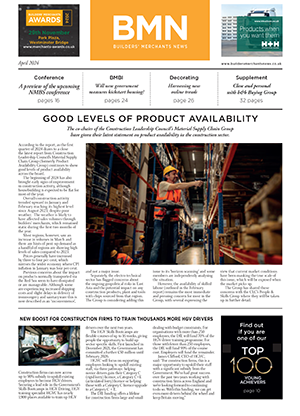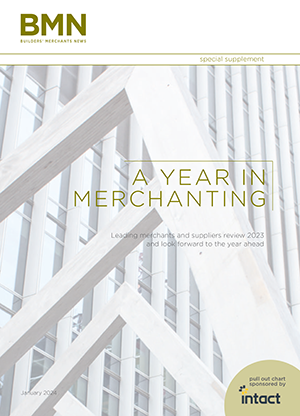LONDON: The recent policy update from the Department for Communities and Local Government (CLG), announcing the revised domestic energy performance certificate (EPC) has been welcomed by the NHBC Foundation.
The policy update reveals that the new-look EPC will be shorter, use plain English throughout and has a revised design and layout – focusing on potential costs and savings of different energy efficiency measures, rather than CO2 emissions. These changes are as a result of research conducted on behalf of CLG by Consumer Focus, which found that many consumers did not understand the information presented in the previous EPC.
NHBC Foundation’s recent research, Today’s attitudes to low and zero carbon homes – views of occupiers, house builders and housing associations, was launched in February and confirms the findings from Consumer Focus, as it comprehensively explores the views of house builders and housing associations, as well as occupiers actually living in highly energy efficient new homes.
The report recommends a number of specific measures to simplify the topic of zero carbon across the whole housing supply chain, from construction to marketing and occupation. The first of these recommendations was to link efficiency of new homes to cost benefits, something which and EPC with cost information based on accurate, actual energy has the potential to improve.
Ted Chandler, NHBC Foundation, said: “We are delighted that the findings of CLG’s research have resulted in positive action for consumers. As the EPC is mandatory during the purchase of a new home, it has the potential to deliver important information to prospective homeowners, helping enable them to make informed decisions about how best to reduce a home’s energy usage.
“The NHBC Foundation research showed positive attitudes towards low and zero carbon homes and new technologies, but also highlighted some confusion around actual energy savings, which we hope revisions to the EPC will address.
“There are a total of eleven recommendations within NHBC Foundation’s report, and we would hope that Government and industry alike will now seek to deliver on the other ten, helping consumers to understand and engage with low and zero carbon homes.”






